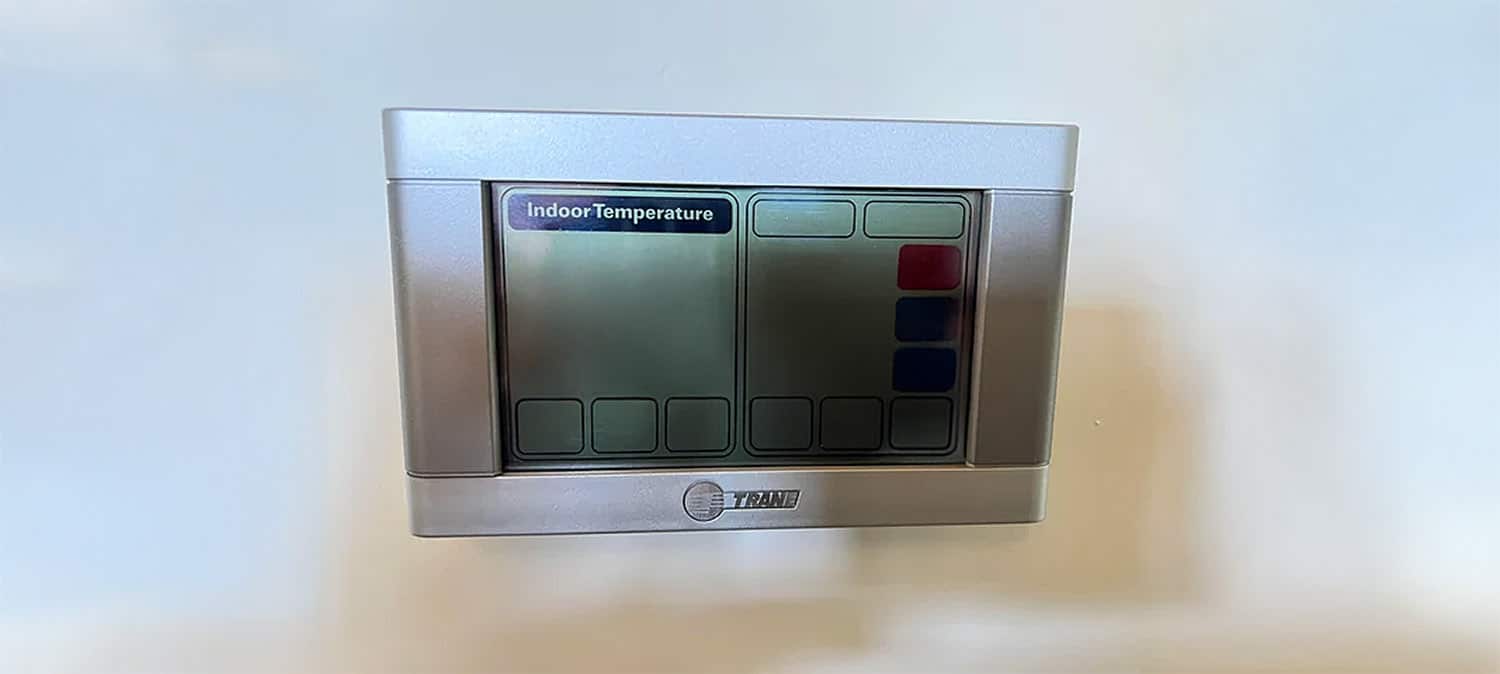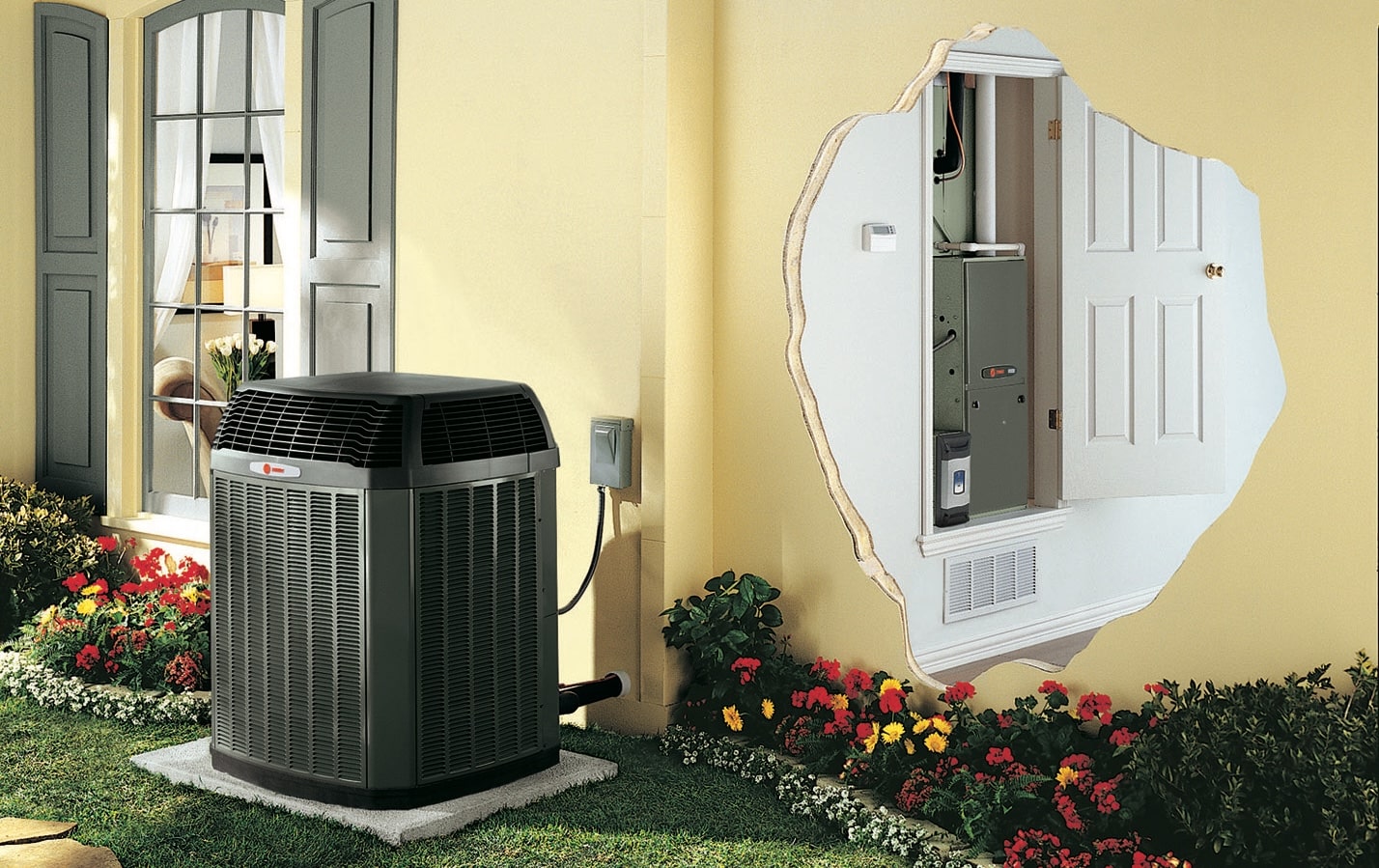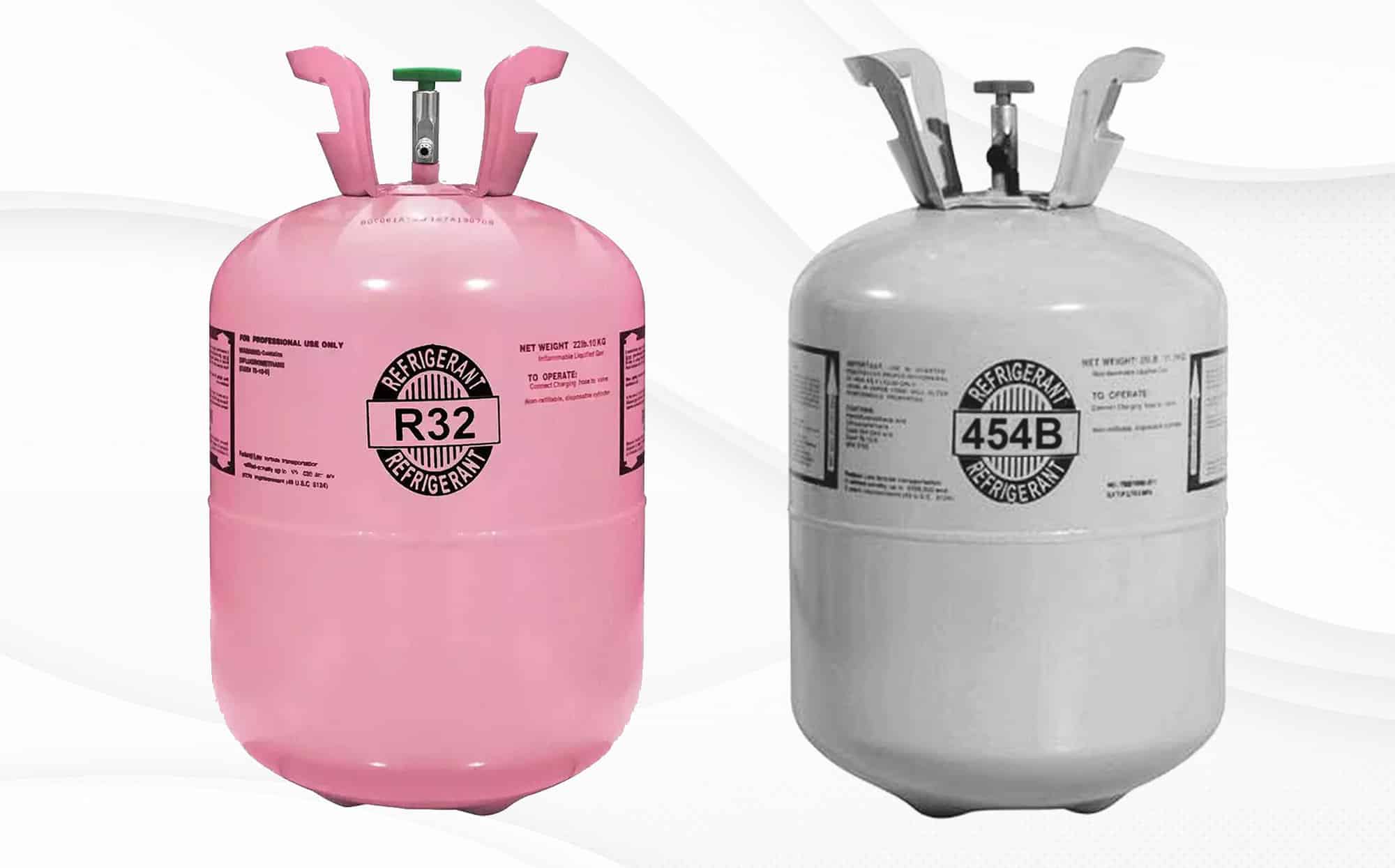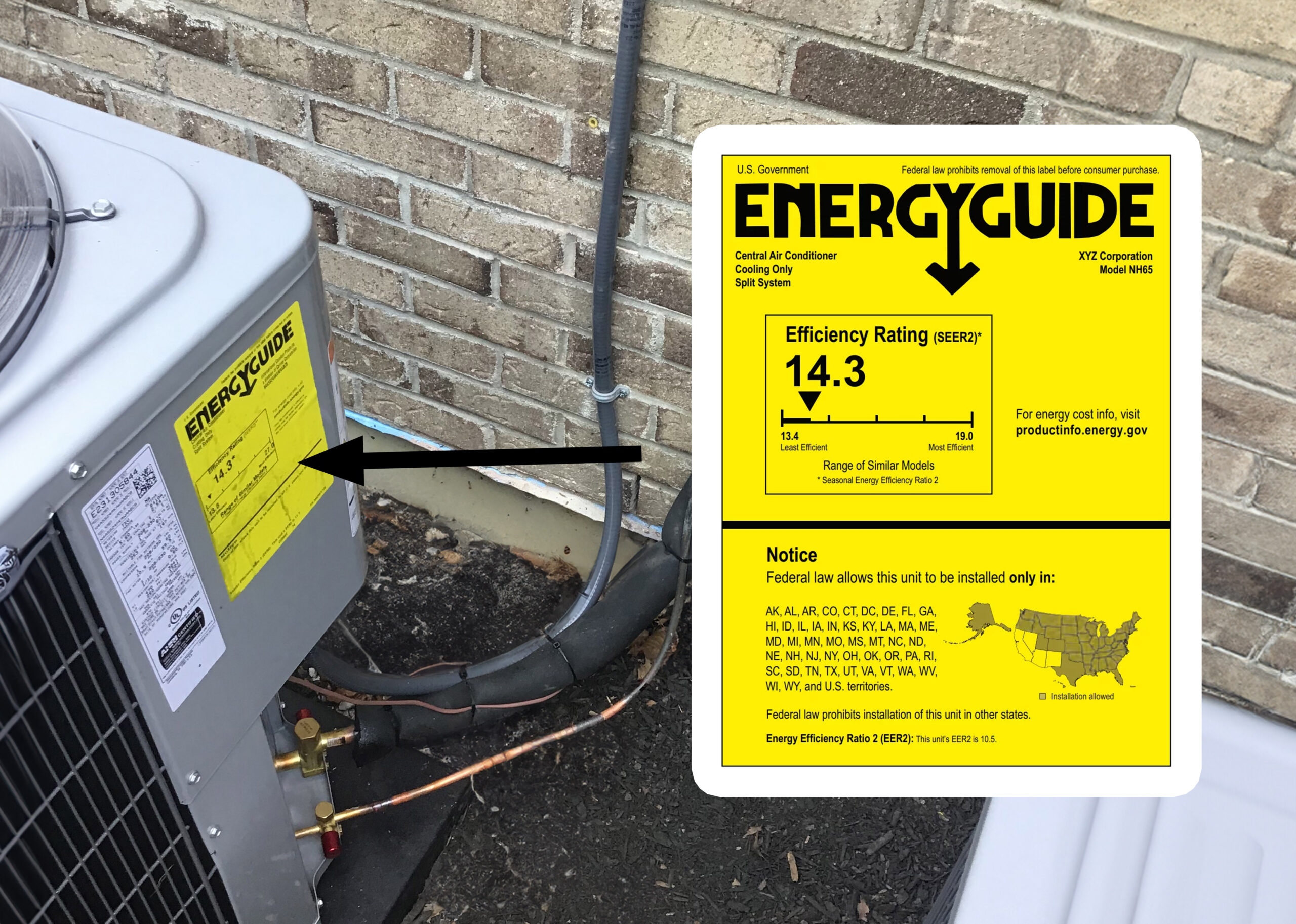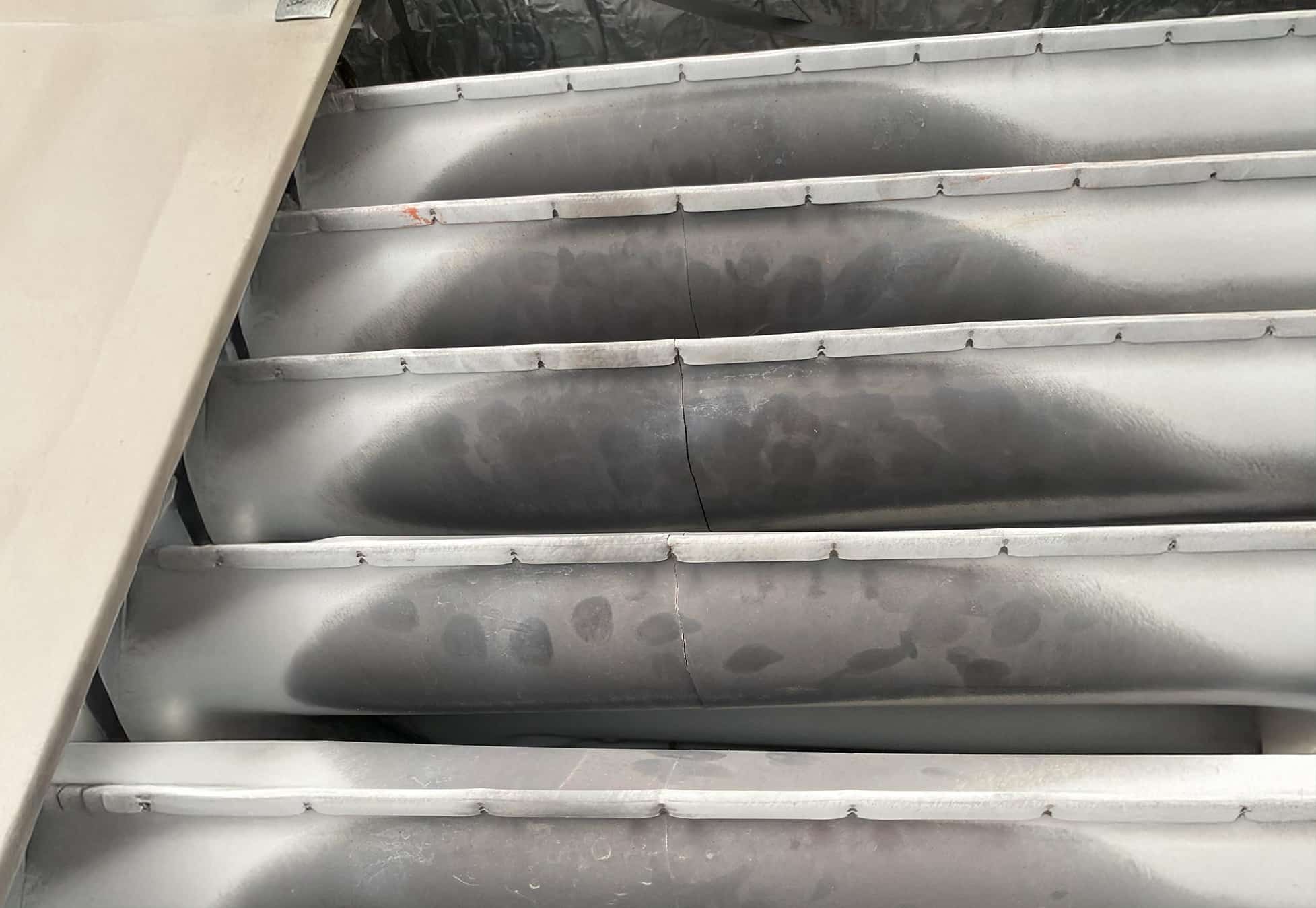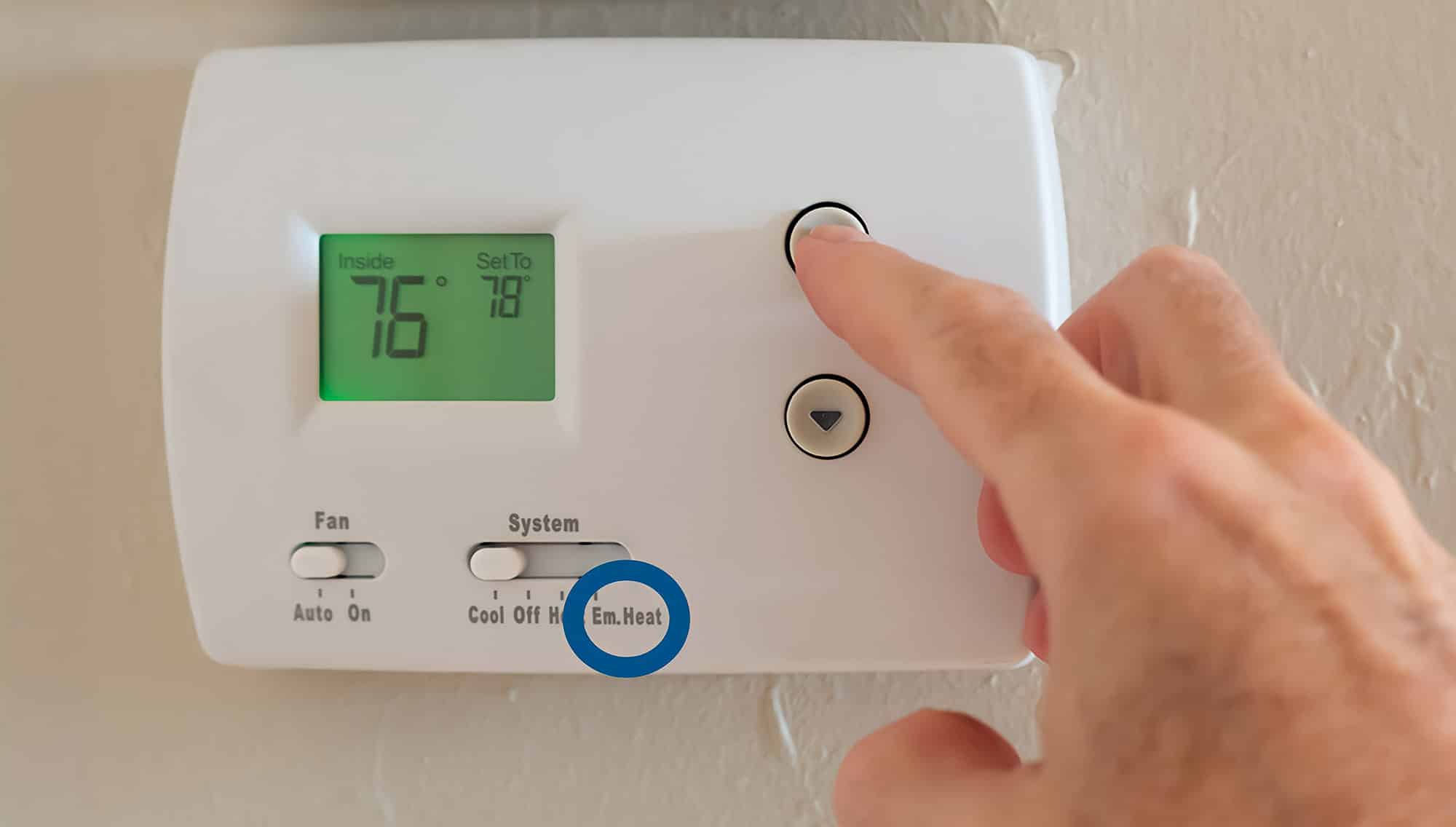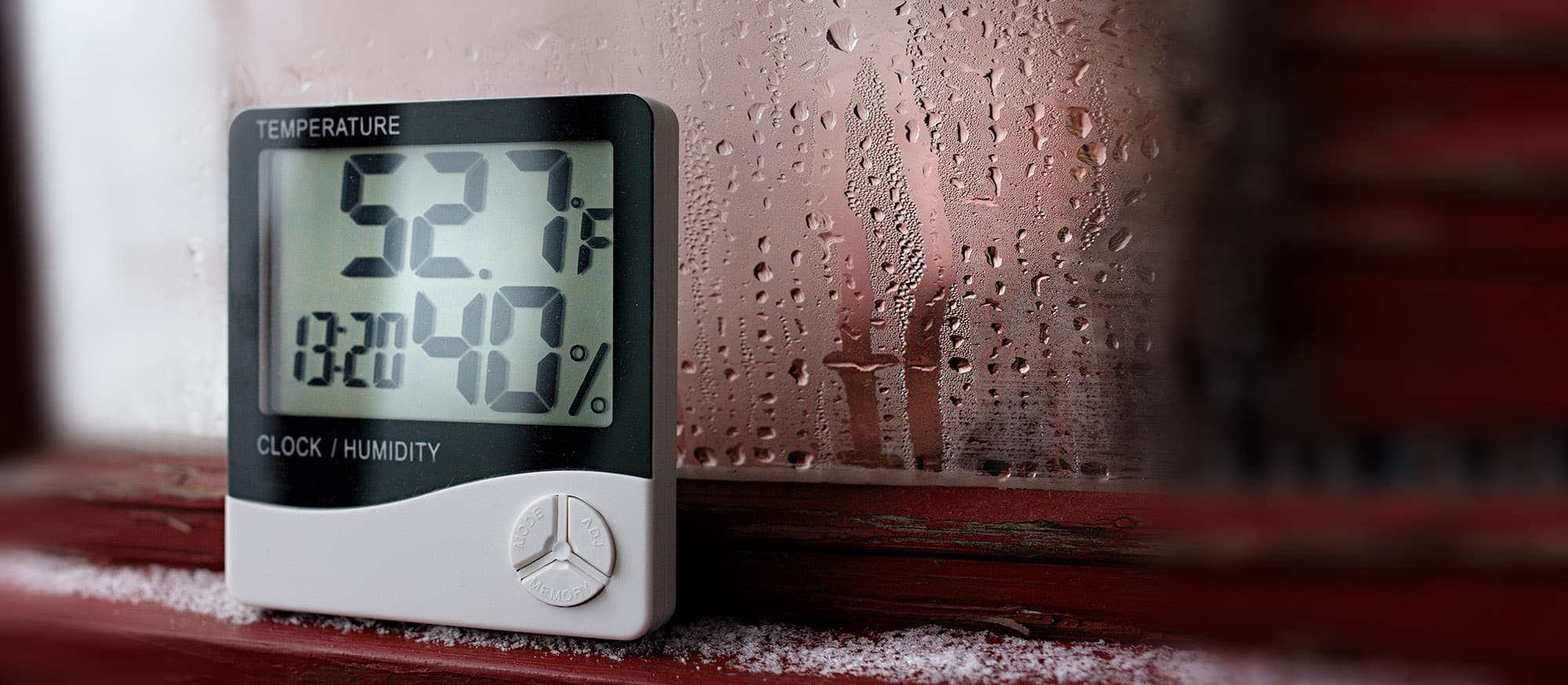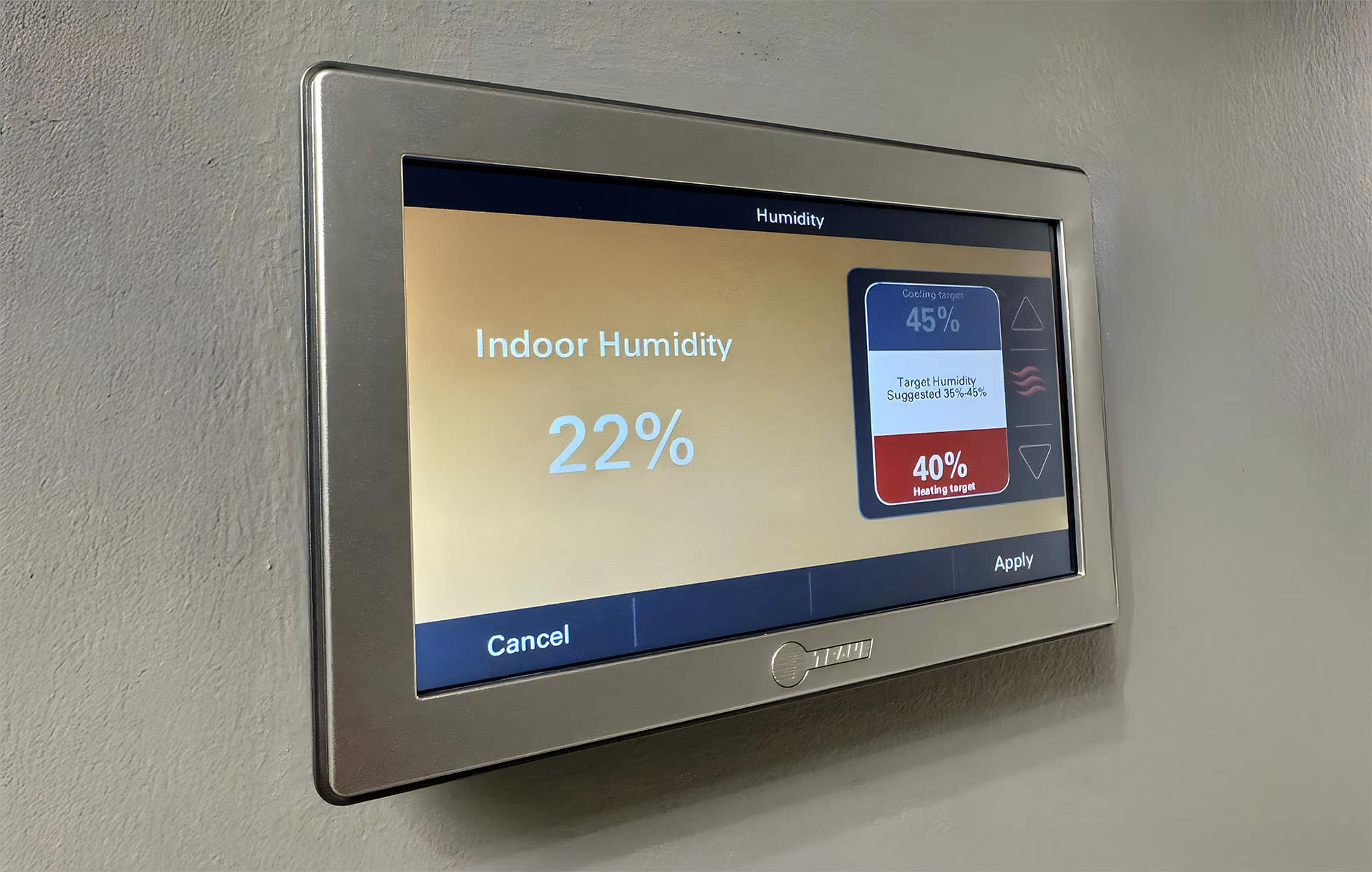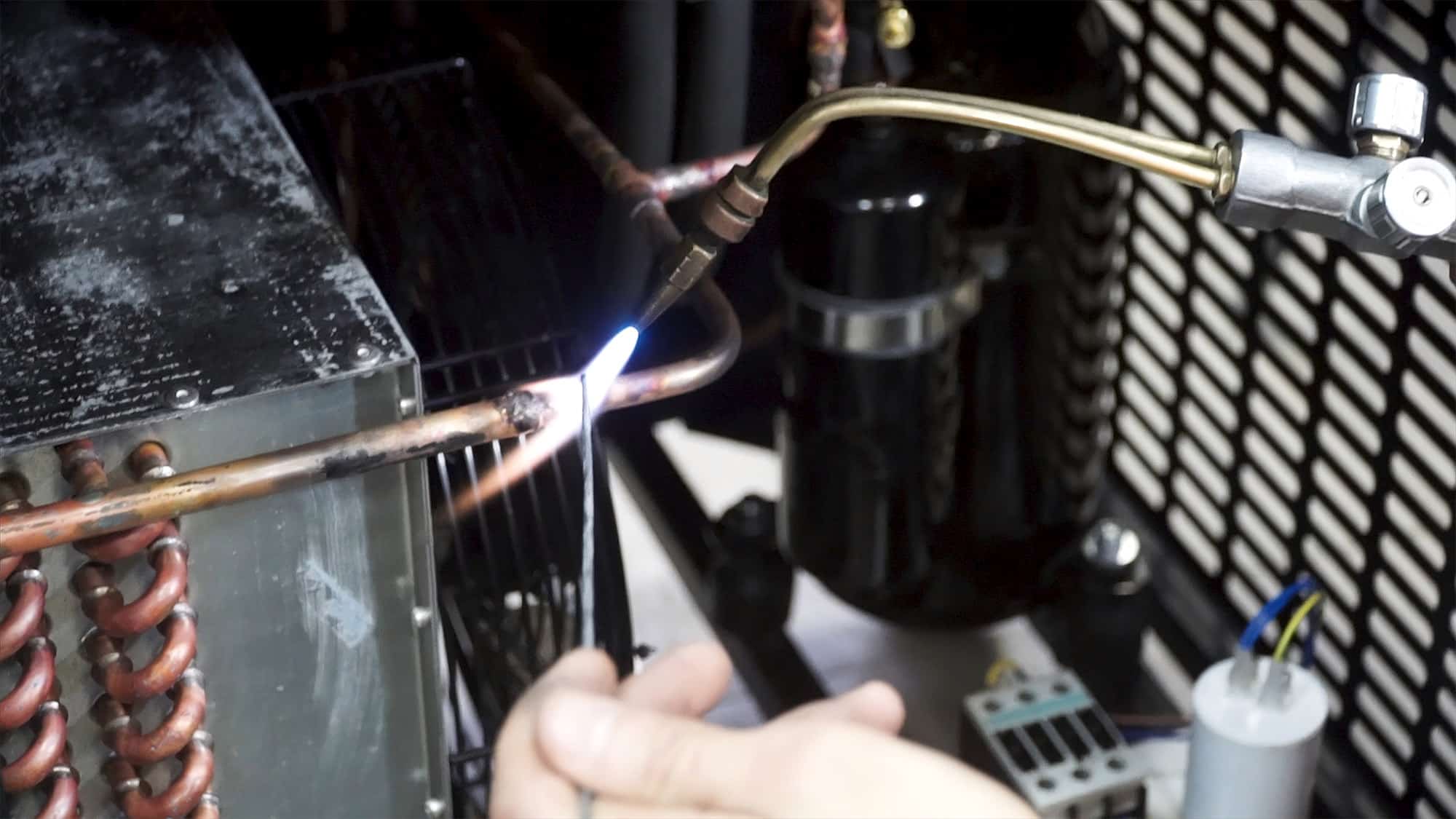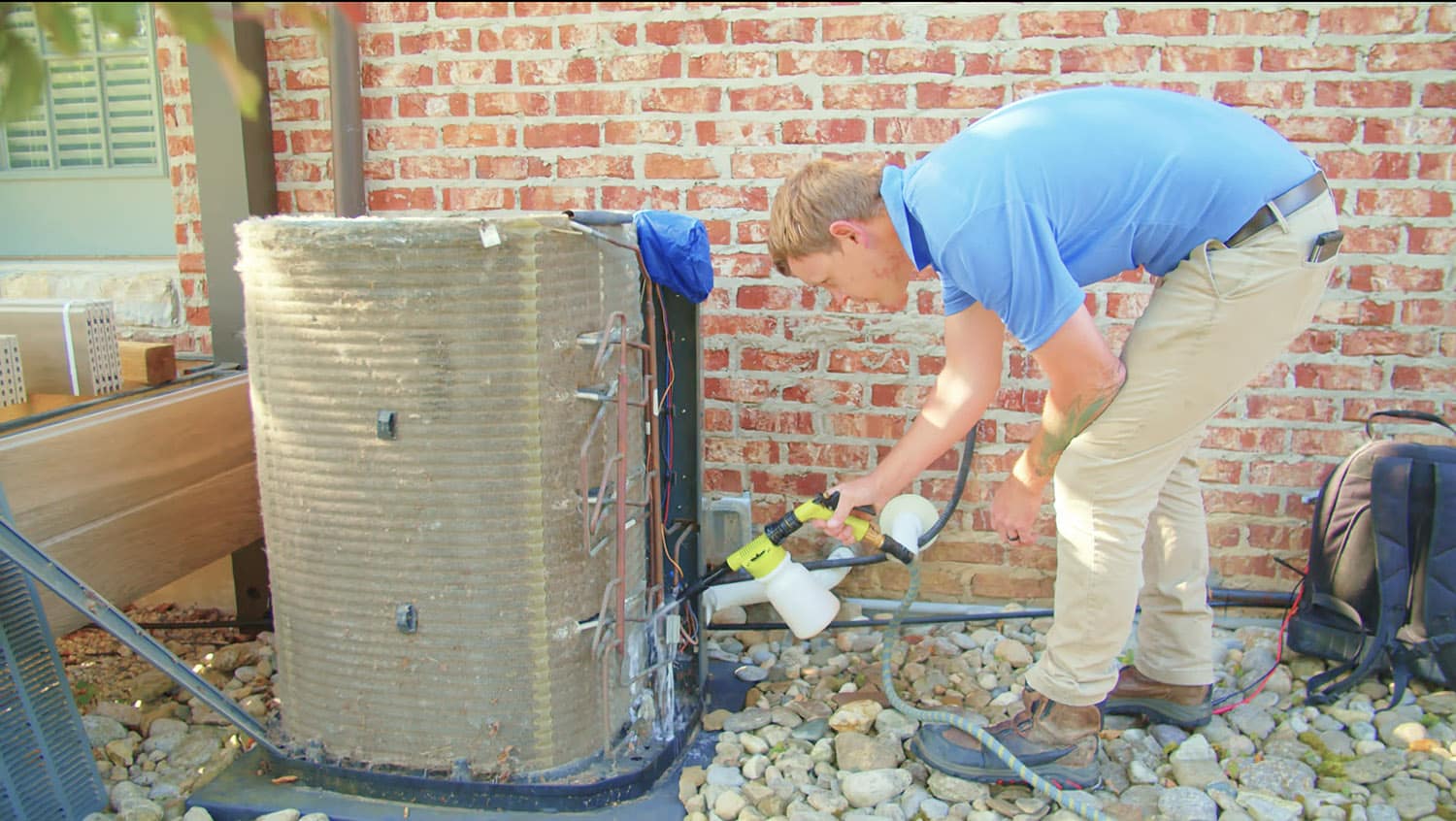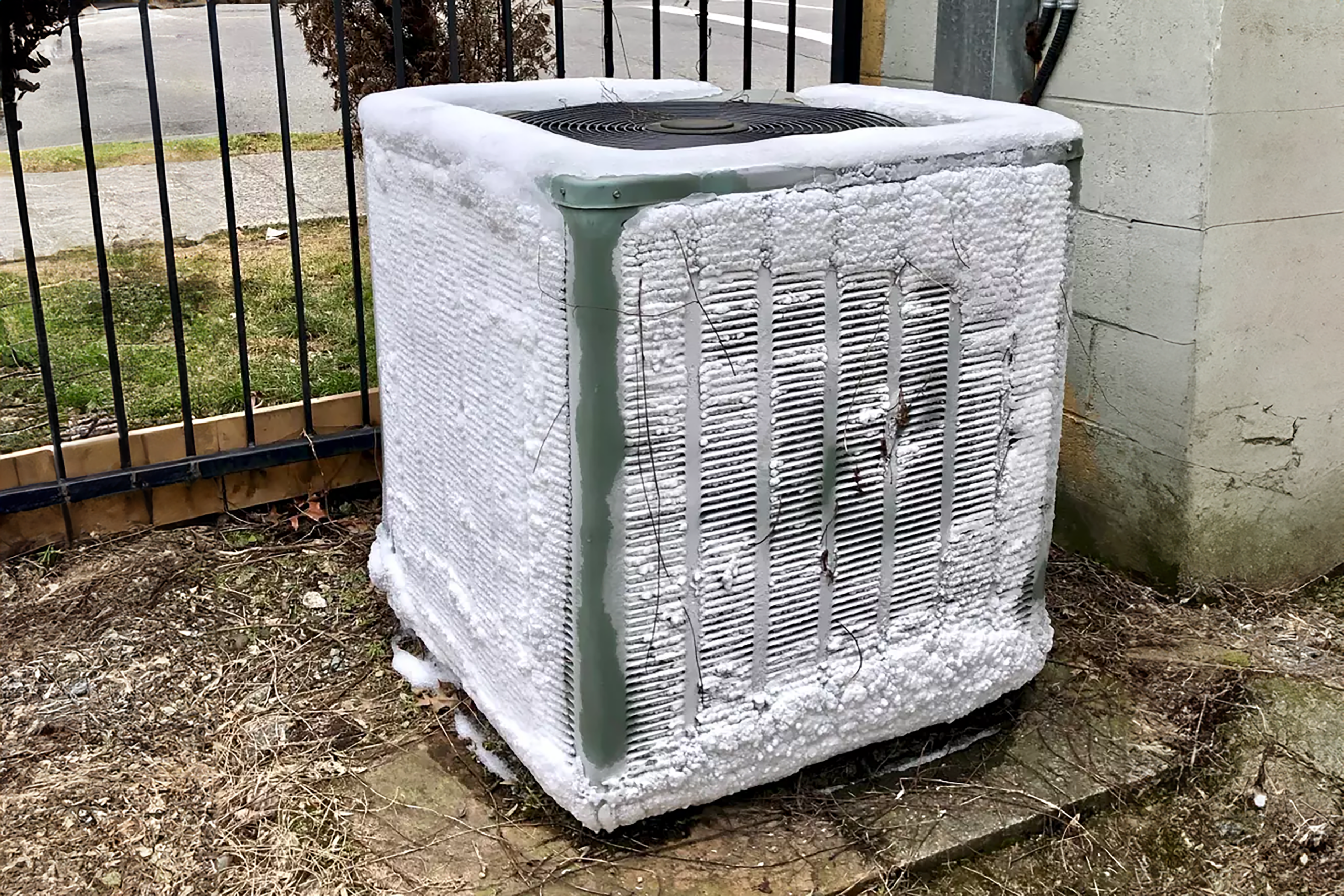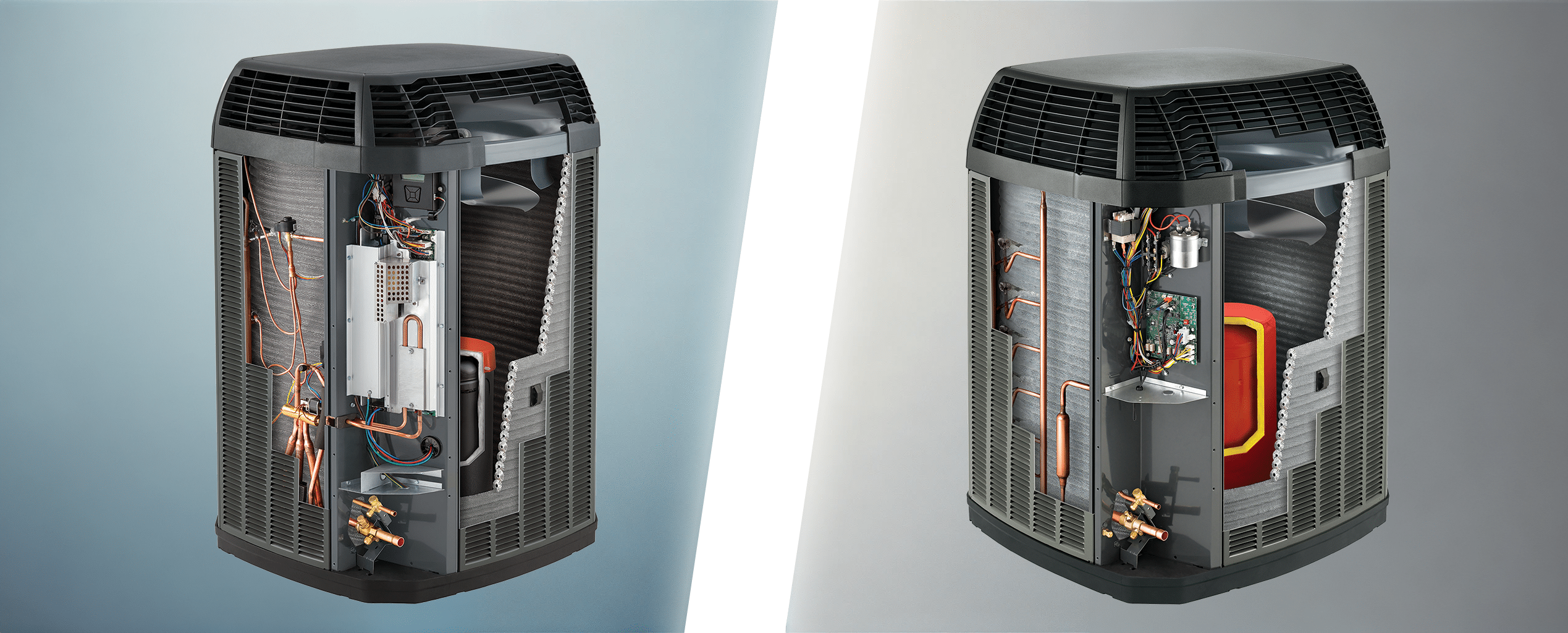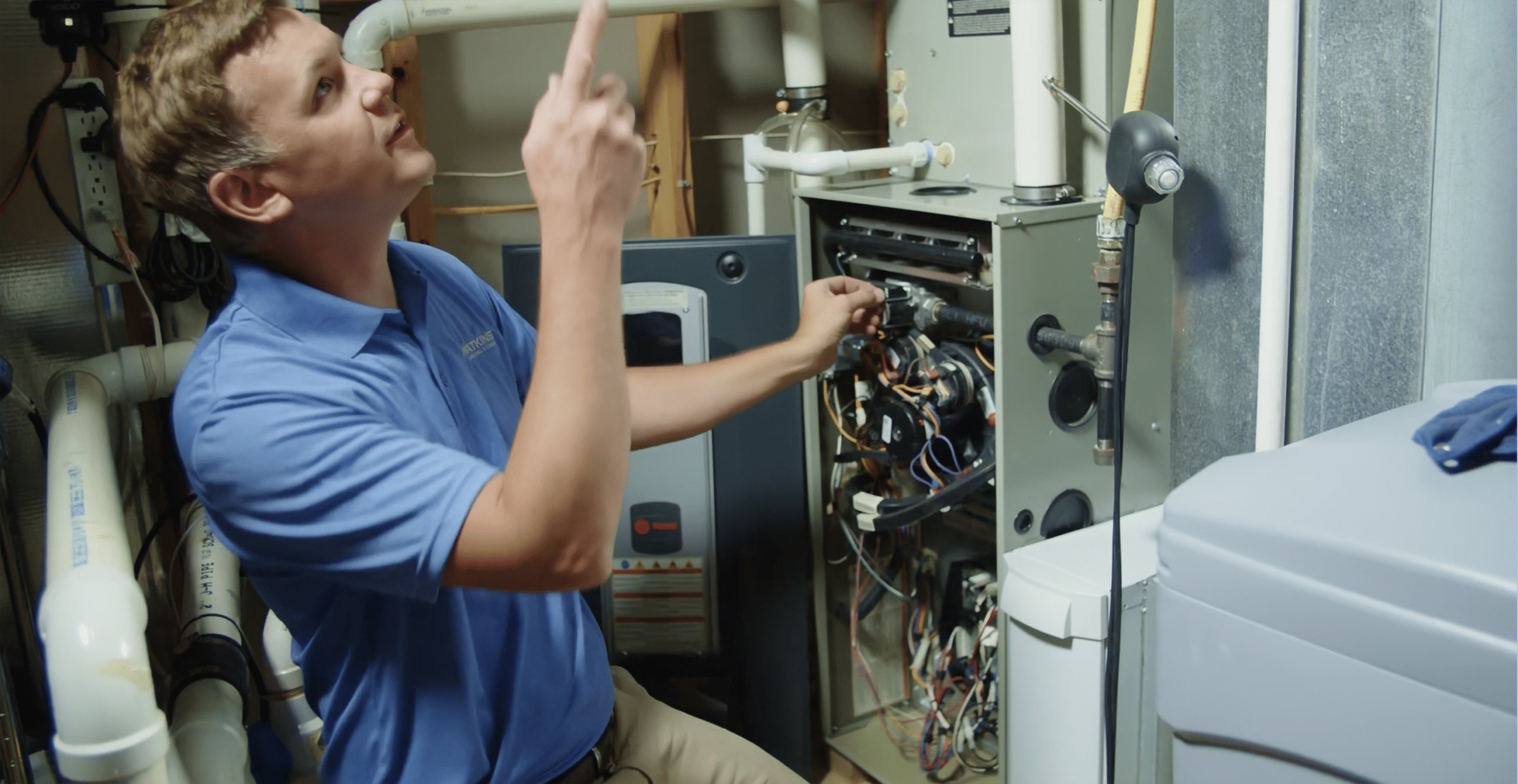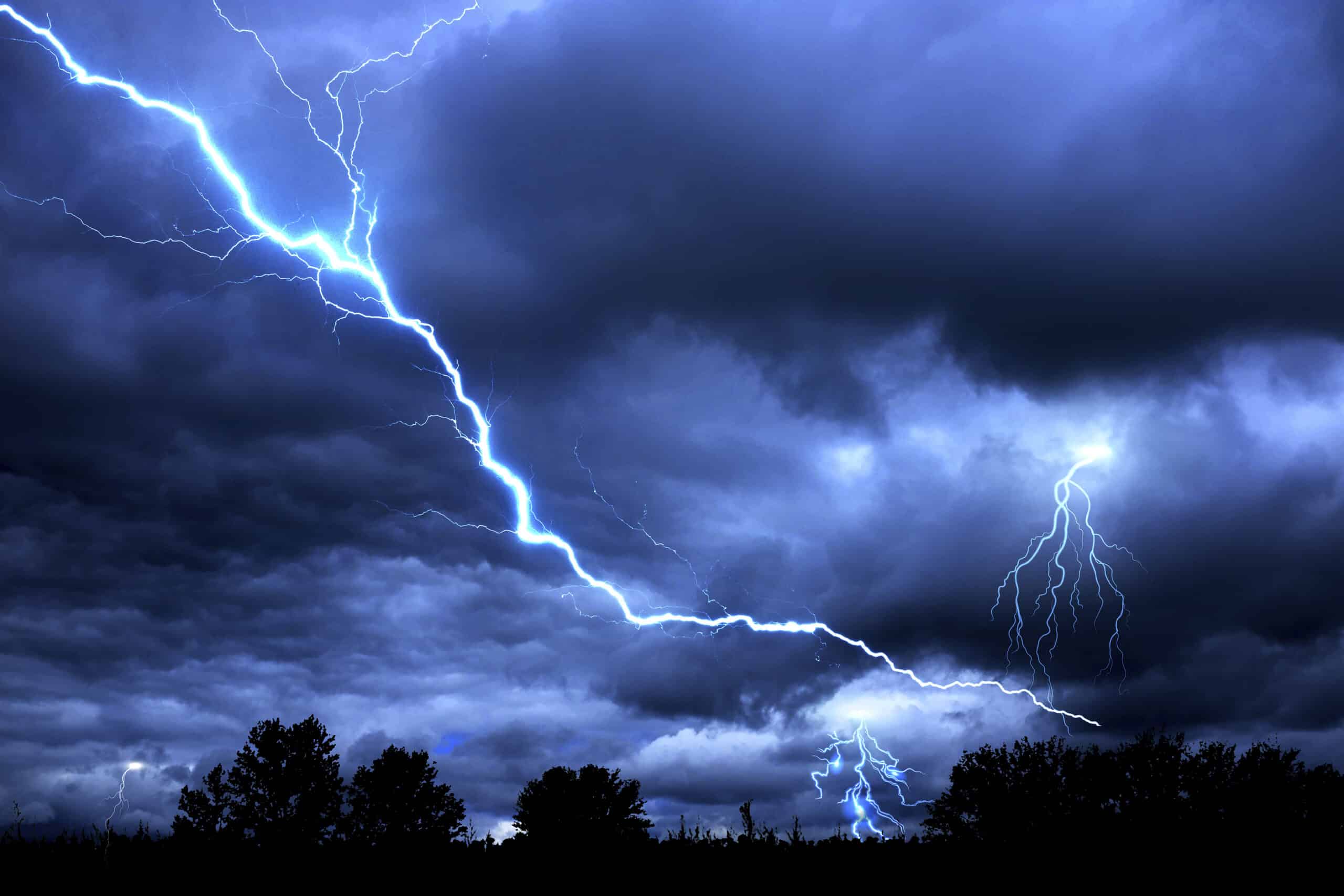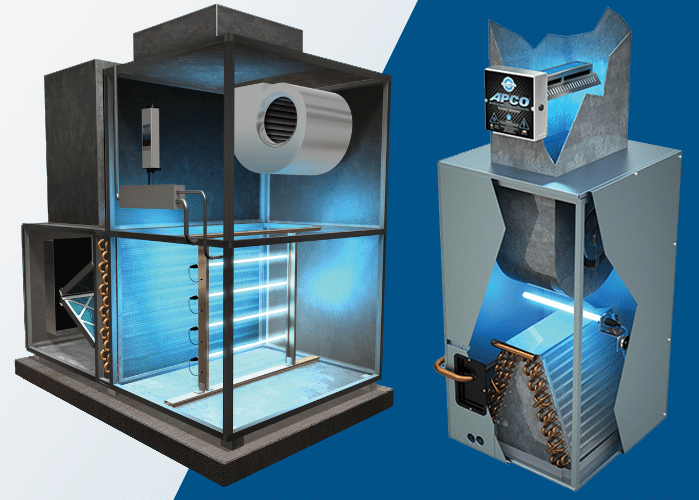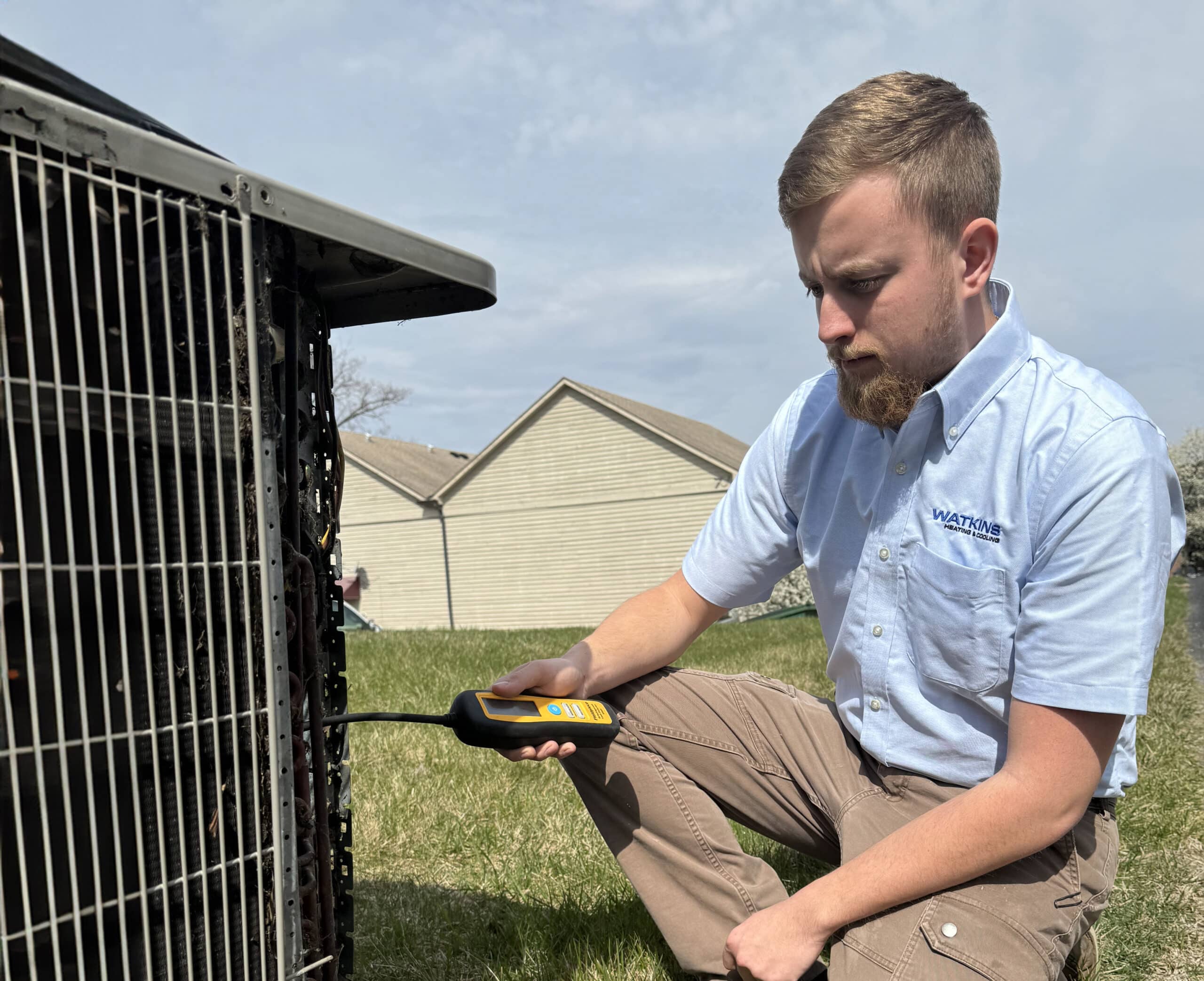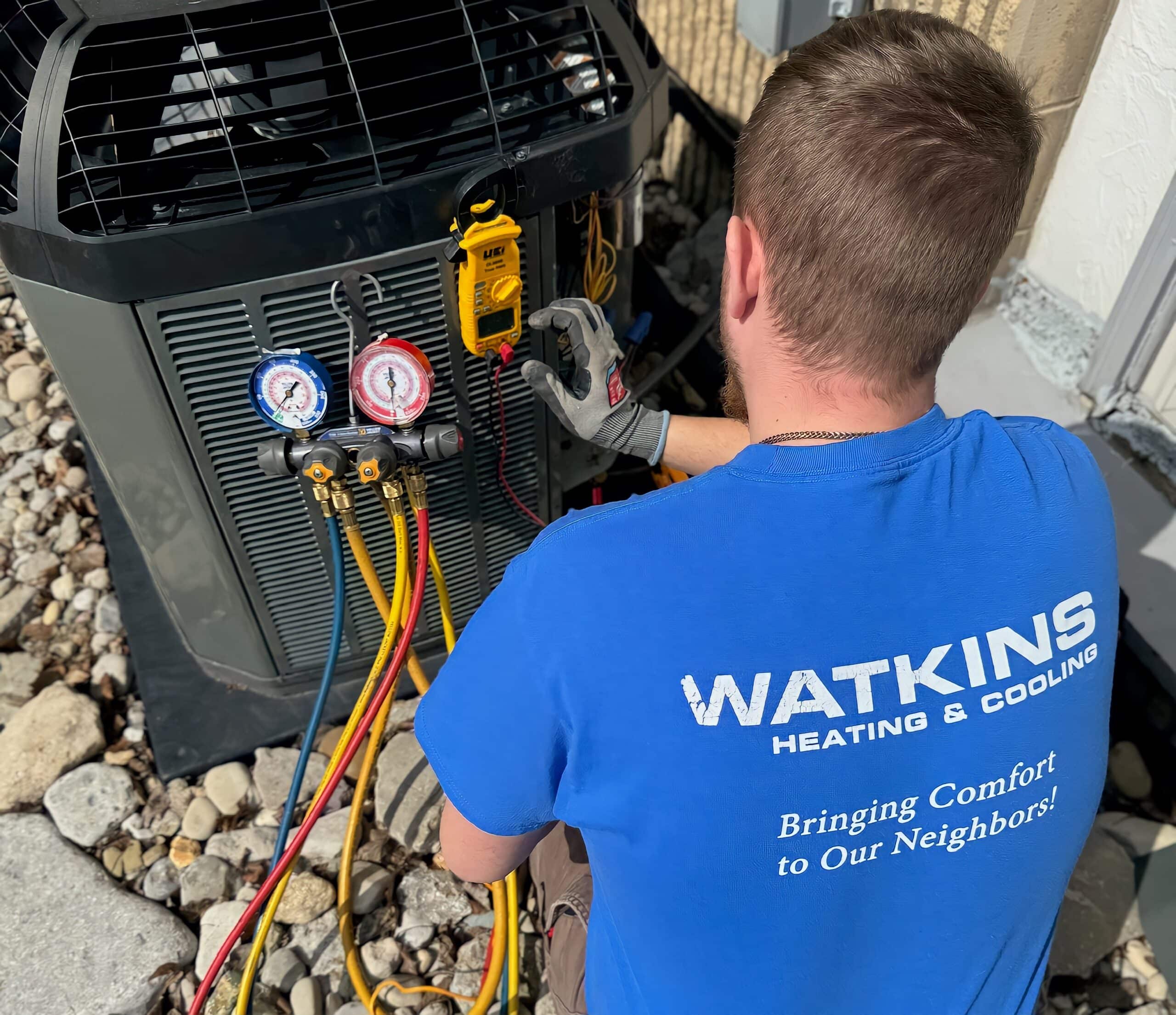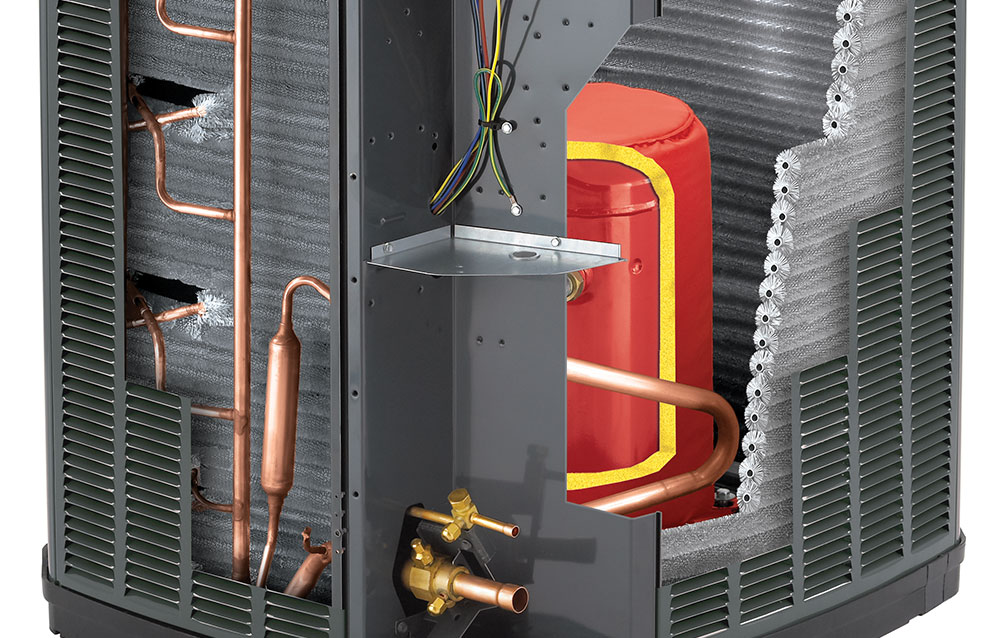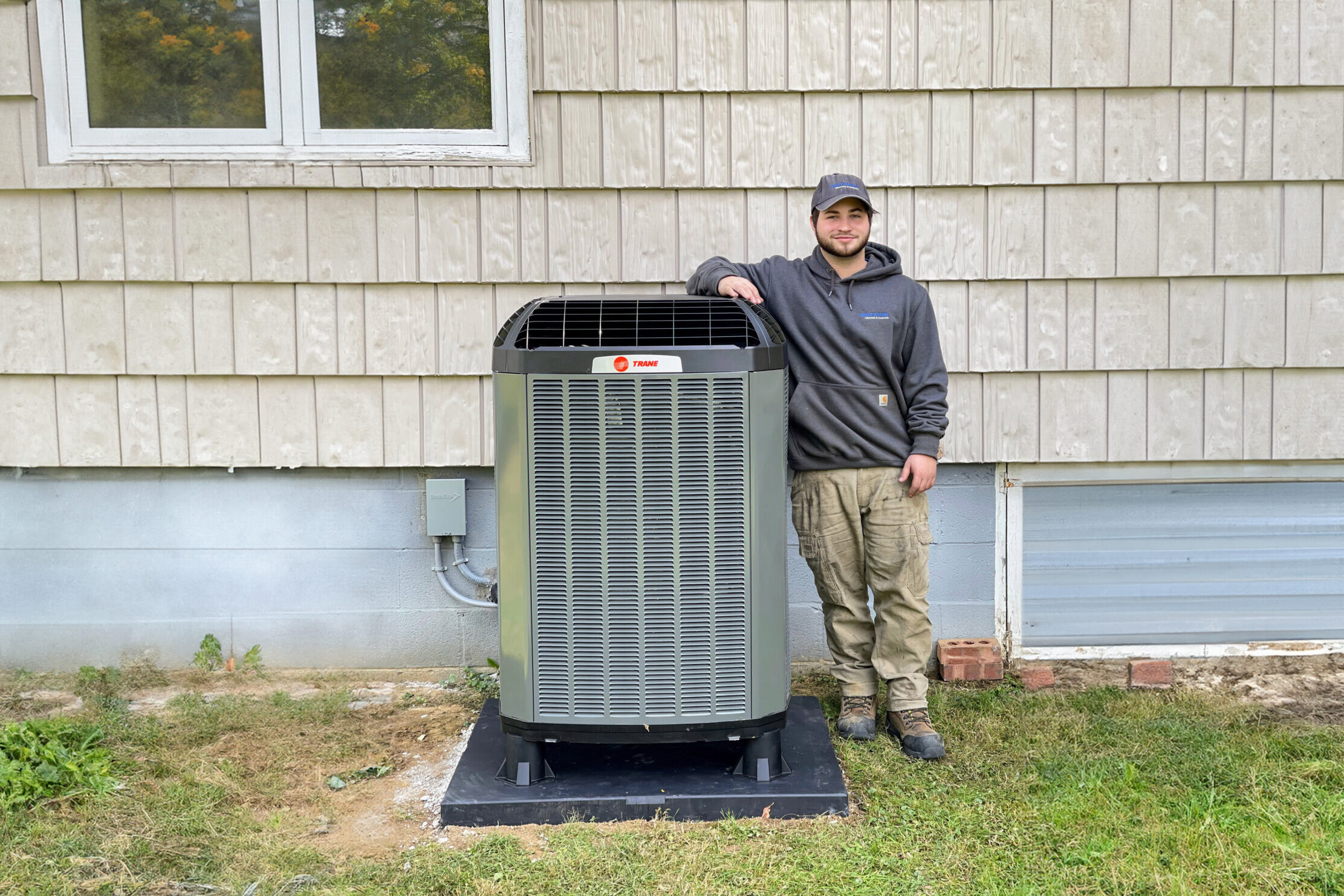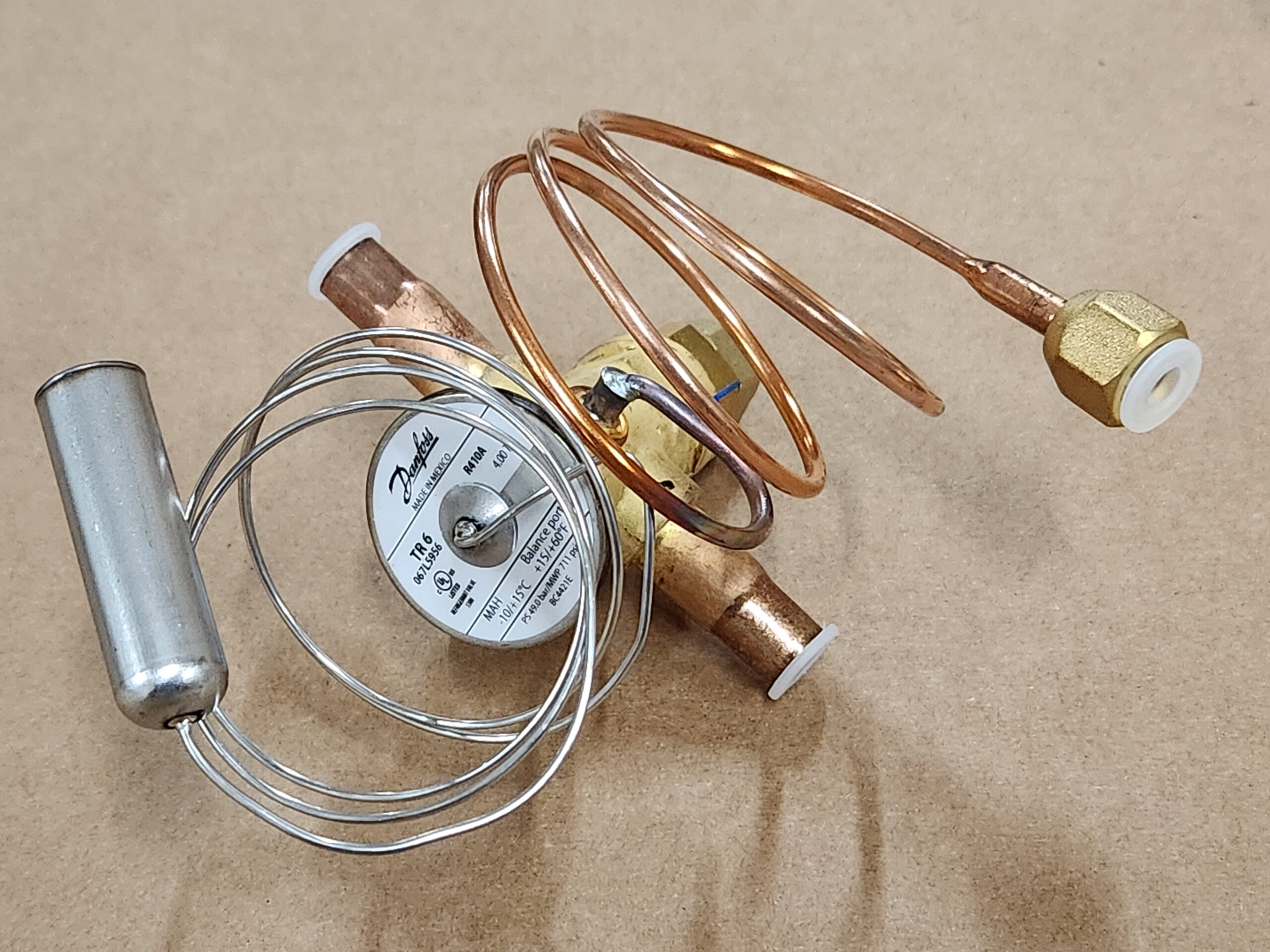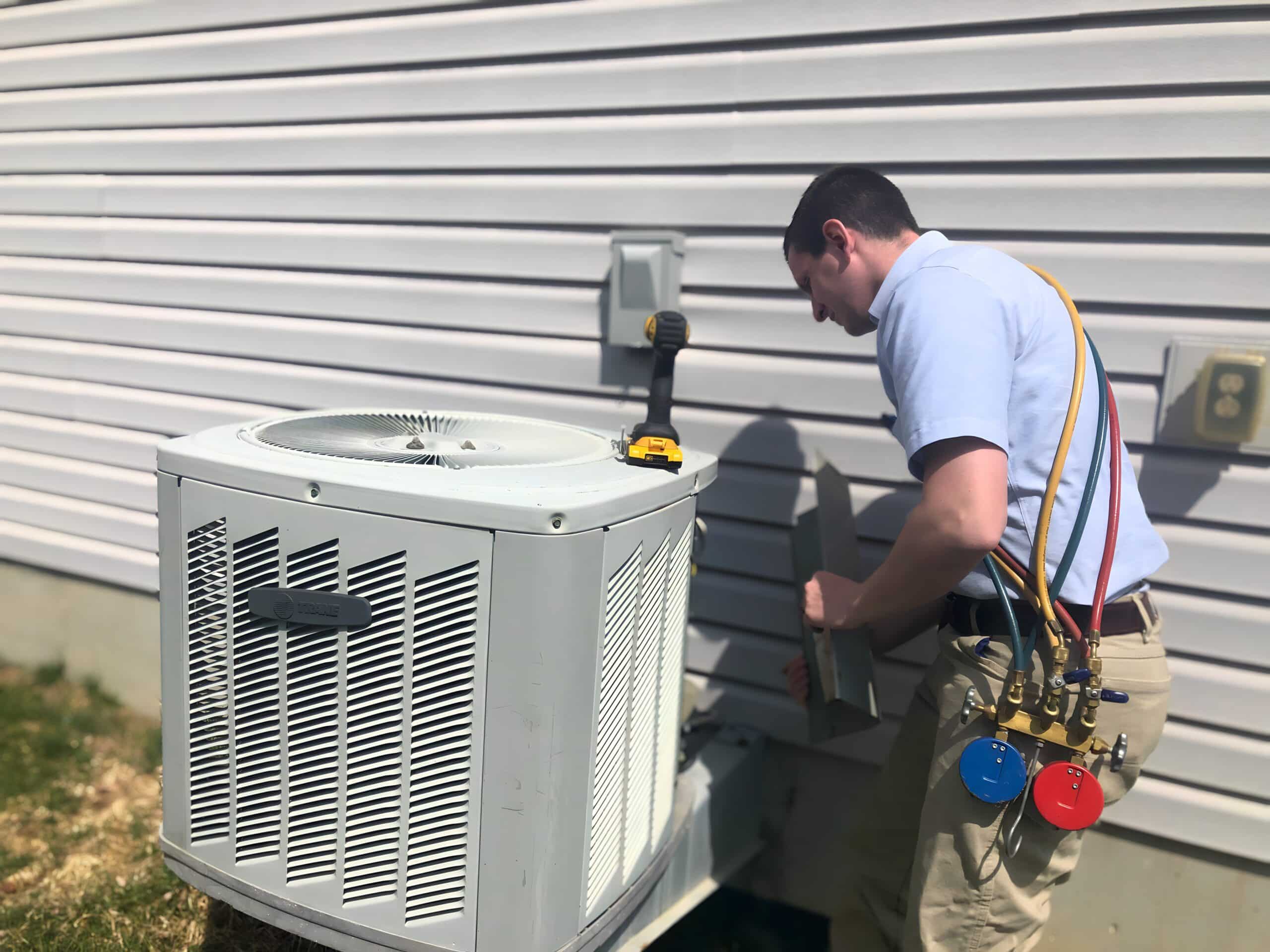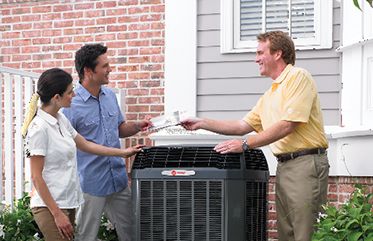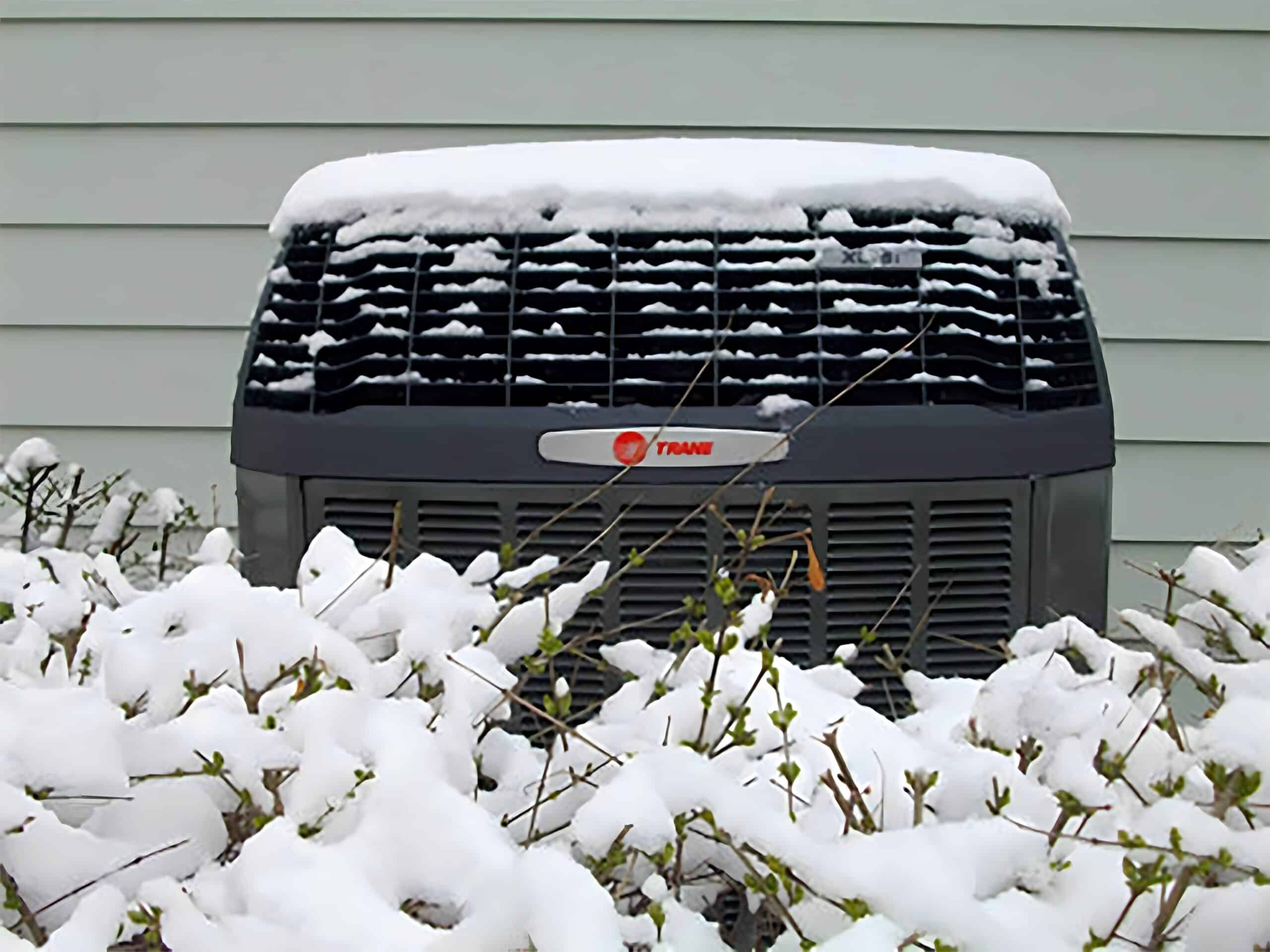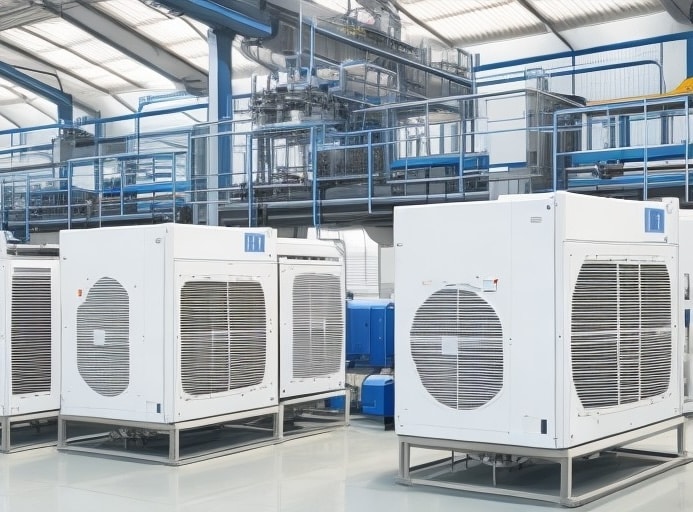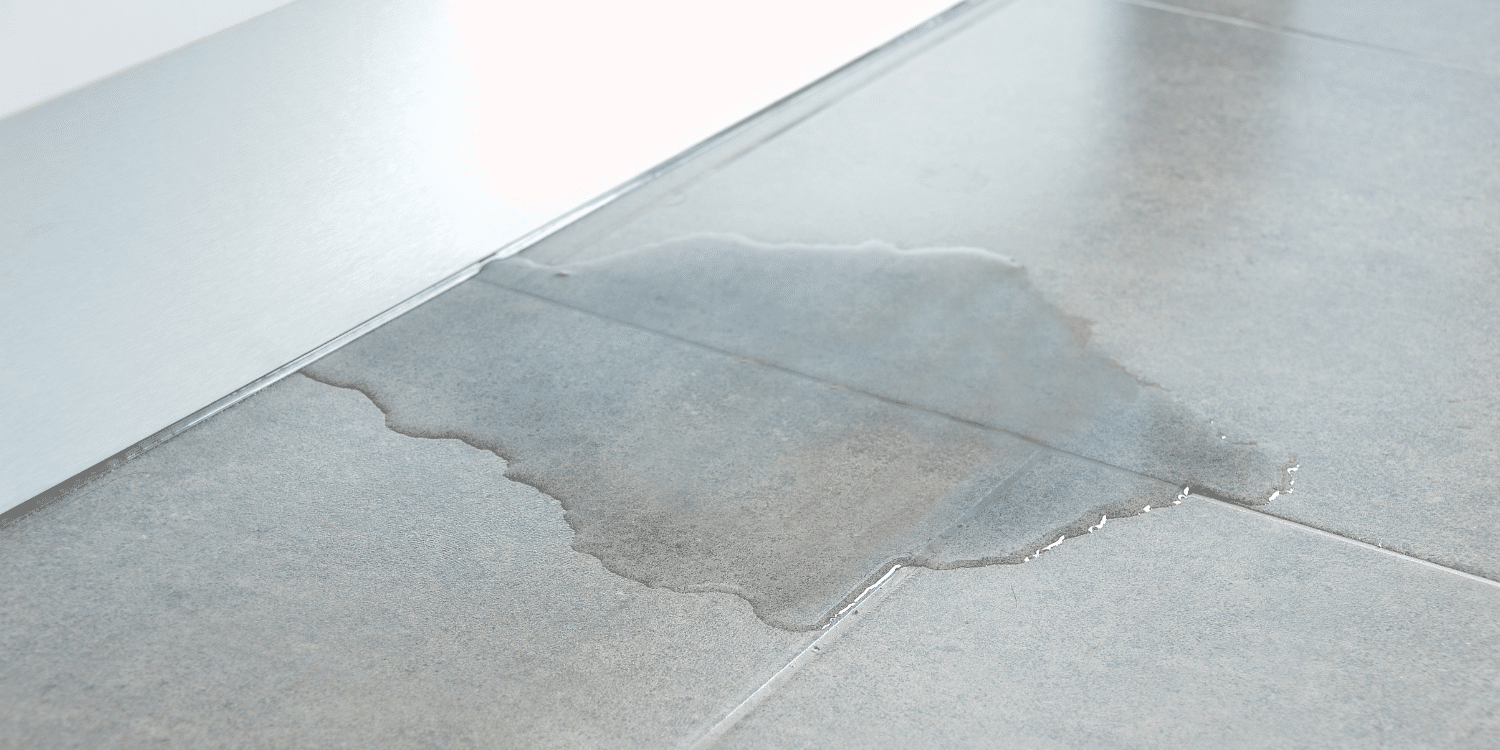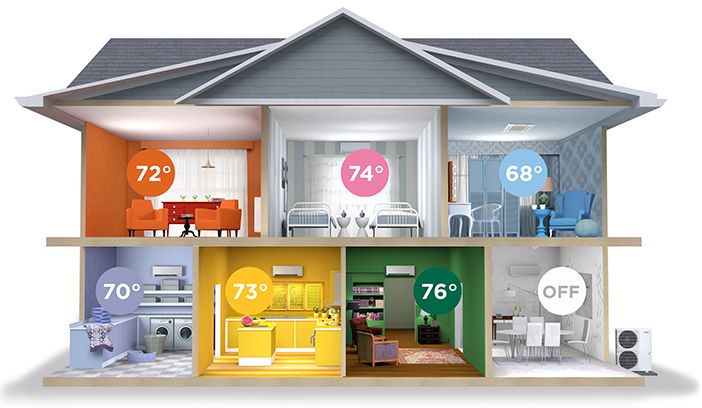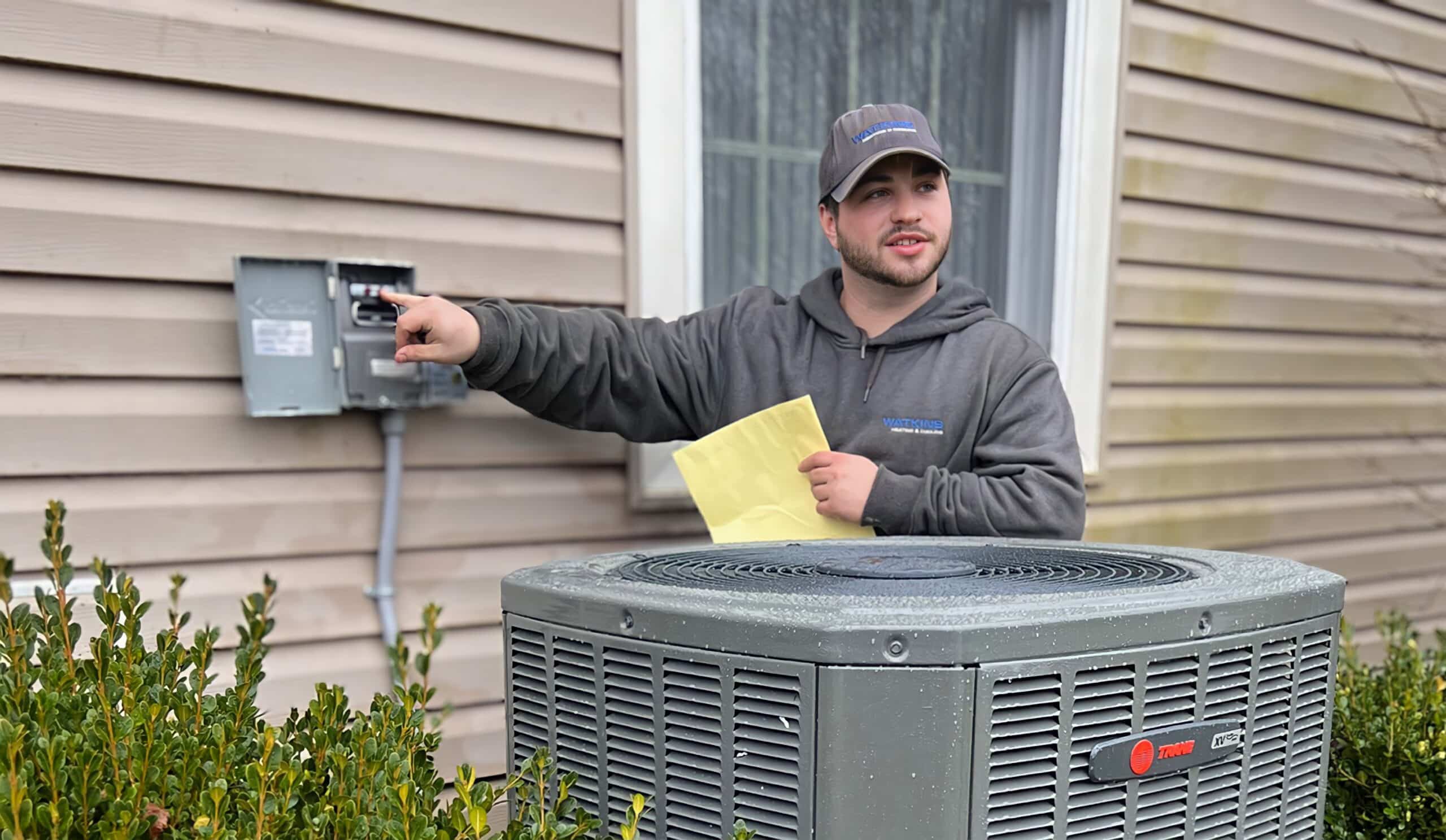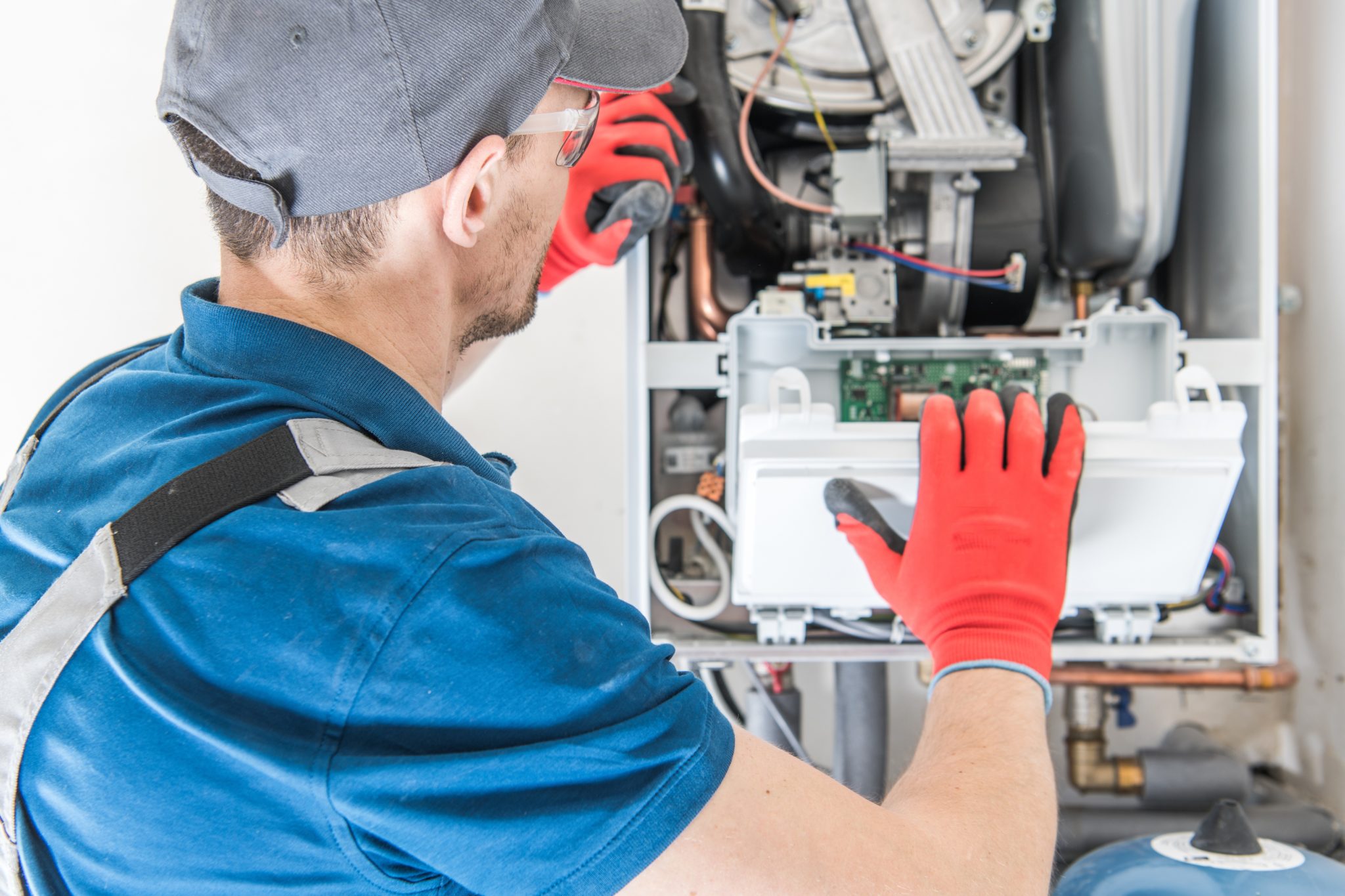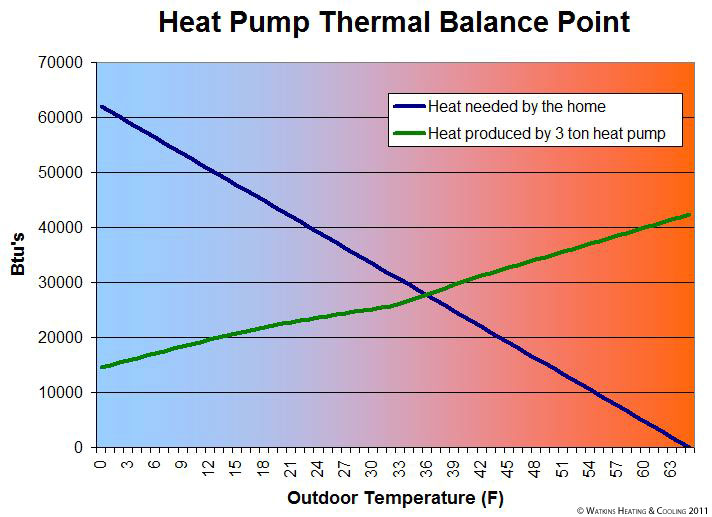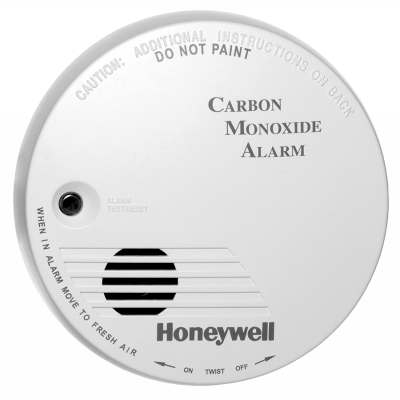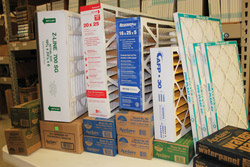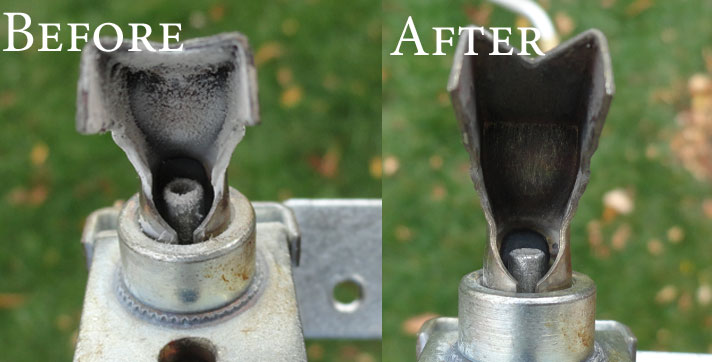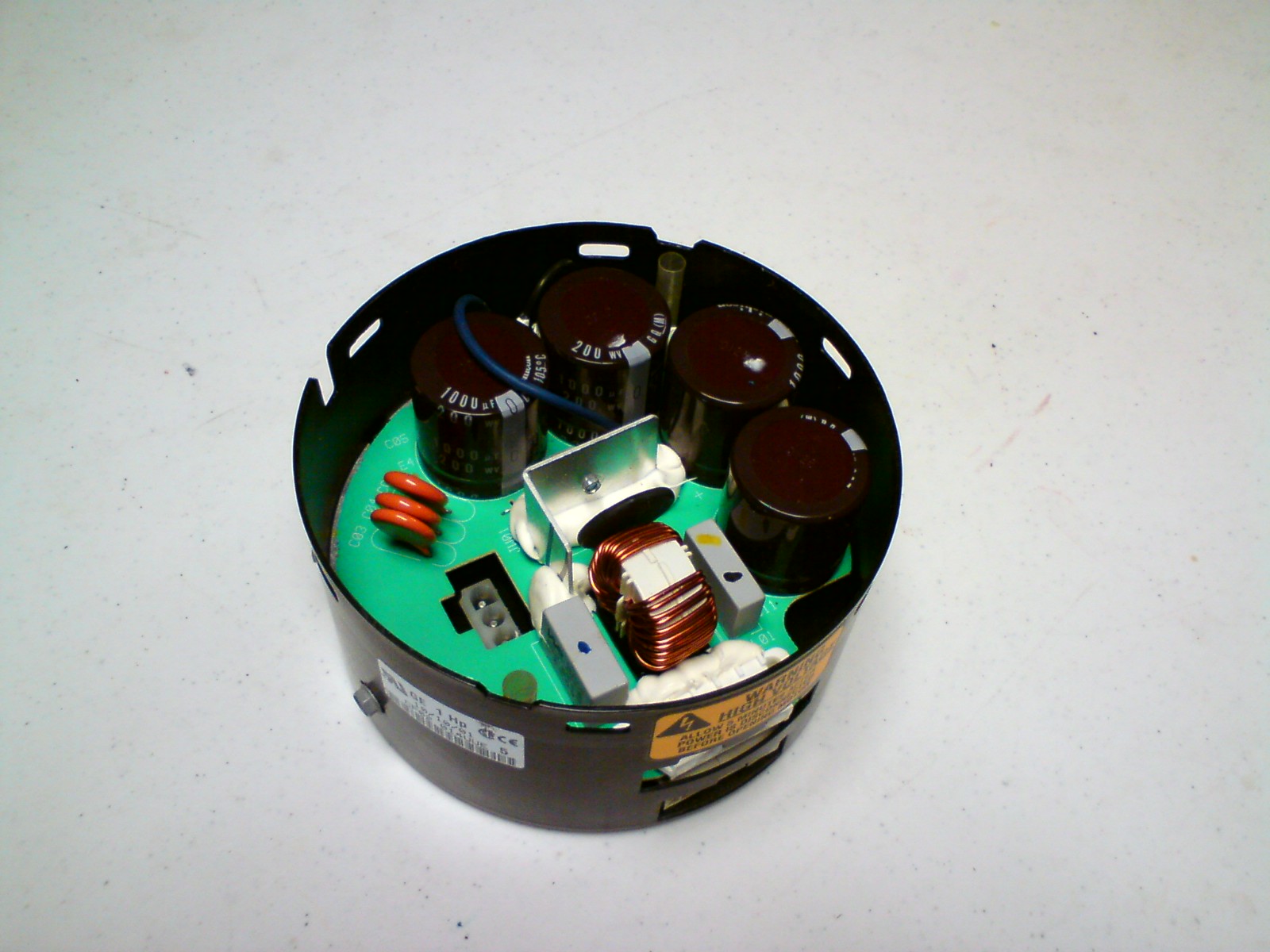Discovering Heat Pumps: Your Guide to Energy-Efficient Home Comfort
Switching to a heat pump in Ohio’s climate
Heat pumps are becoming increasingly popular as an energy-efficient and environmentally friendly heating and cooling solution for homeowners. They can help reduce energy costs and contribute to a greener home. Let’s dive into the details of heat pumps, explore their benefits and drawbacks, and provide some practical tips for homeowners considering installing one.
What Exactly is a Heat Pump?
A heat pump is a versatile heating and cooling system that works by transferring (or pumping) heat between two locations. This differs greatly from other forms of home heating which burn fossil fuel or electricity to create heat. The electricity consumed by a heat pump is only used to move heat energy from outdoors to indoors. During the winter months, it extracts heat from the outdoor air or ground and transfers it inside to warm up your living space. Of course in the summer, the process is reversed to help cool your home by transferring heat from indoors to outdoors. For a deeper dive in how a heat pump works, check out my Heat Pump Operation post.
Exploring the Different Types of Heating Systems
Heat pumps come in various shapes and sizes, giving us many tools to meet the unique needs of your home and budget.
Let’s take a look at the most common options:
Air-source heat pumps: These clever systems harness the small amount of heat in the wintertime air, concentrate it, and transfer it indoors to keep your home cozy in winter. Since a heat pump is basically an air conditioner with a reverse gear, it also keeps your home refreshingly cool in summer.
Ground-source (geothermal) heat pumps: Unless you live on an active volcano, the soil around your home is gently heated year-round by the sun, giving a very consistent temperature (about 52degF in Dayton Ohio). A geothermal heat pump taps into this consistent temperature to deliver effective heating and cooling without breaking a sweat. While geothermal heat pumps require a little more investment upfront, the payback is huge with significant energy savings and tax credits.
Ductless heat pumps: Say goodbye to ductwork! These handy systems are perfect for homes that lack existing ducts or have limited space to accommodate them. Since they don’t have to waste energy pushing air through a duct system, ductless heat pumps achieve truly amazing efficiency ratings.
Hybrid heat pumps: Combining the best of both worlds, these cutting-edge systems merge heat pumps with fossil fuel furnaces to achieve the highest efficiency and comfort possible. As the outdoor temperature falls on a bitterly cold winter night, the system switches automatically from heat pump to fossil fuel. While most cost effective when used with fuel-oil or propane furnaces, rising natural gas prices could make a hybrid heat pump a smart move for your home.
Weighing the Pros and Cons of Heat Pumps
Heat pumps come with numerous advantages, such as high efficiency, eco-friendliness, and energy cost savings. However, not all heat pumps perform optimally in extreme cold climates, making them less suitable for certain regions. Advanced cold-climate heat pumps, like the Trane XV20i, are specifically designed to combat this issue. Using variable-speed compressors and advanced controls, cold-climate heat pumps function efficiently even in northern climates like Ohio.
Some potential challenges associated with heat pumps are the defrost cycle and outdoor noise, which may cause inconvenience for homeowners. The defrost cycle is essential in preventing ice buildup on the outdoor unit during cold weather, but it may temporarily reduce the heat pump’s efficiency and interrupt its heating function. This could lead to a slight drop in indoor comfort during the defrosting process.
Due to the defrost cycle and higher pressure differentials in the winter, the sound level of some heat pumps can be bothersome, particularly in quiet neighborhoods. This is largely an issue with budget models. Higher efficiency models include many technology advancements to address these concerns:
- Sound-absorbing materials in the heat pump’s casing to dampen vibrations.
- Quieter fan and compressor designs, including variable-speed fans and scroll compressors, which operate more smoothly and generate less noise.
- Intelligent defrosting mechanisms or “demand defrost,” that use sensors and advanced algorithms to optimize the defrost cycle. These systems determine the optimal time to initiate the defrost cycle and minimize its duration, thereby reducing the impact on heating performance and indoor comfort.
- Smart inverter-driven compressors that adjust their speed according to demand, which results in lower operating noise during periods of reduced heating or cooling needs.
These innovations have made modern cold-climate heat pumps significantly quieter and more efficient than their predecessors, providing homeowners with a more comfortable and environmentally friendly heating and cooling solution.
Investing in a Heat Pump: Costs and Savings
The cost of purchasing and installing a heat pump depends on factors like the system type, size, and your home’s location. With a minimal investment compared to a standard air conditioner, heat pumps can save homeowners a significant amount on their energy bills over time. In fact, they can reduce heating costs by up to two-thirds compared to electric resistance heating and by half compared to propane or fuel oil. Beginning in 2023, select Trane heat pumps are eligible for a federal tax credit of up to $2,600.
Advice for Homeowners Considering Heat Pumps
If you’re thinking about installing a heat pump, it’s crucial to research thoroughly and find a reliable contractor specializing in heat pump installation and maintenance. For homeowners in colder climates, such as Ohio, the Trane XV20i heat pump is highly recommended due to its advanced technology and ability to operate efficiently in temperatures as low as -17°F.
Heat Pump Maintenance
Maintaining a heat pump is relatively straightforward and inexpensive compared to oil furnaces or other heating systems. Homeowners can perform simple tasks like cleaning or replacing air filters and checking the outdoor unit for debris to keep their heat pump running smoothly and efficiently.
Are Heat Pumps Right for You?
Heat pumps offer an energy-efficient and eco-friendly heating and cooling solution that can save homeowners money on their energy bills. However, it’s essential to consider the pros and cons, weigh the costs involved, and conduct thorough research before making a decision. With the right information and a reputable contractor, homeowners can find the ideal system for their needs and enjoy a more energy-efficient and environmentally friendly home.
Ready to upgrade your home comfort? Schedule a design appointment with our expert team today to replace your outdated equipment and experience the unparalleled efficiency of a new Trane heat pump. We promise honest advice and no sales pressure. Book your appointment now and let us help you create a cozier, more efficient, more eco-friendly home for you and your family!

